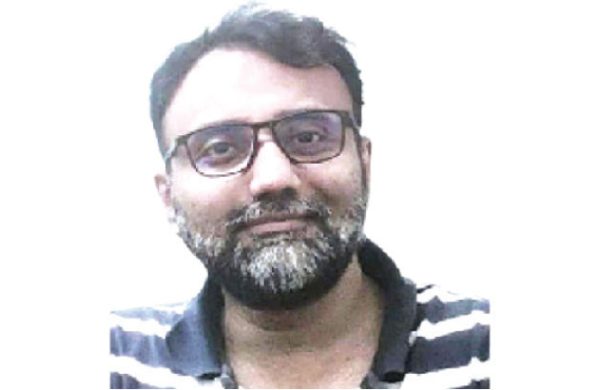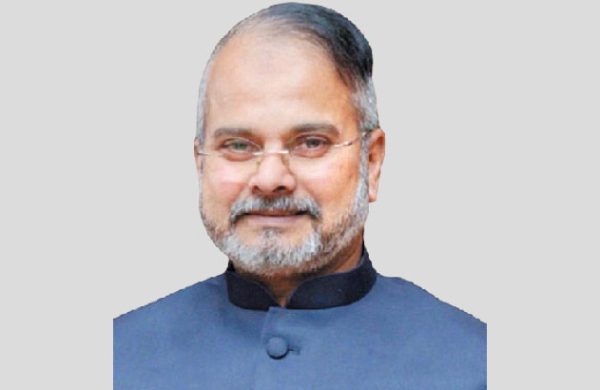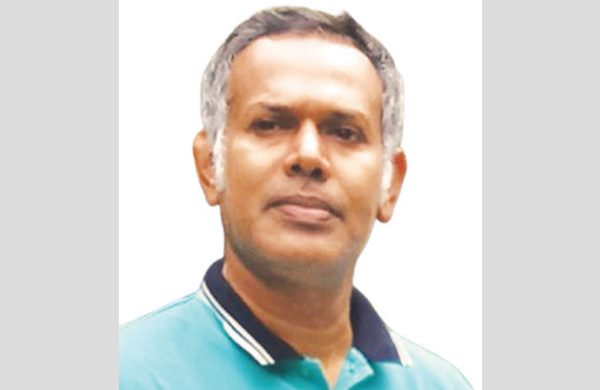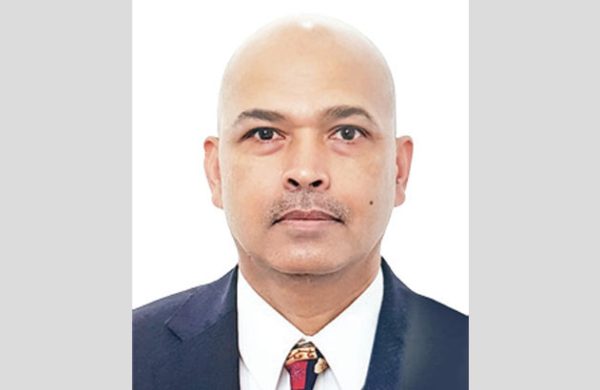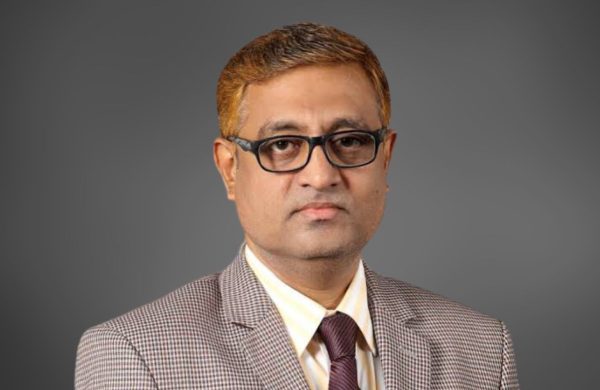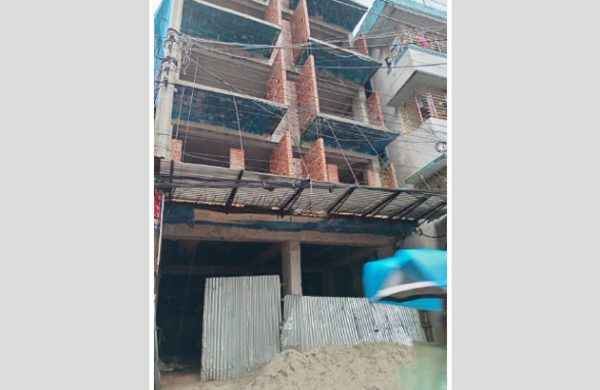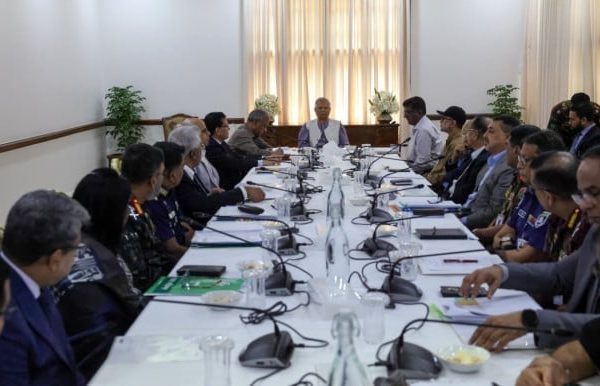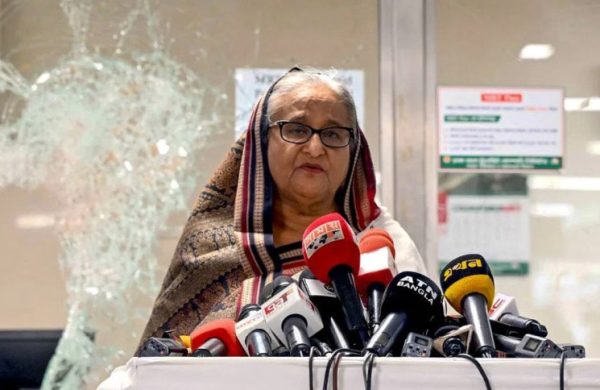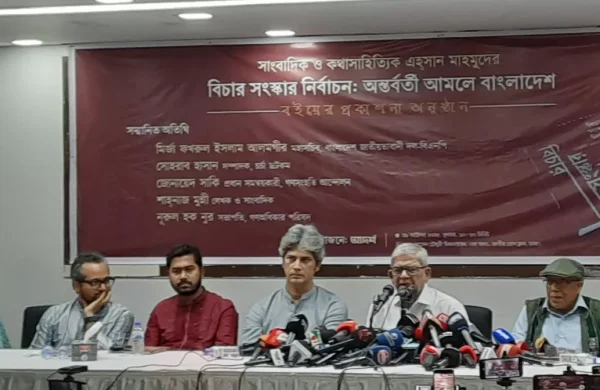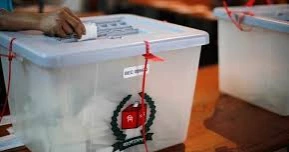France, its Fifth Republic, its Cohabitation Politics
- Update Time : Monday, July 15, 2024
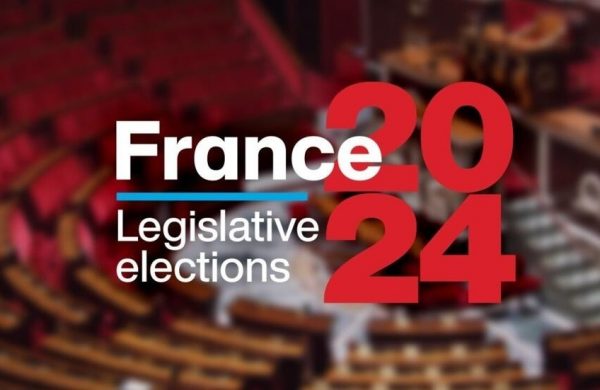
—Syed Badrul Ahsan—
The second round of the French parliamentary elections has demonstrated a powerful reality. And that refers to the strong way in which the Left has surged at the ballot box, followed by President Emmanuel Macron’s centrists, to deny the far-right led by Marine Le Pen the authority to form a government in Paris. The National Rally, which had thought it would coast to victory and see the very young Jordan Bardella installed as Prime Minister, has been sorely disappointed. Le Pen is angry that having bested all other parties at the first round of the elections on 30 June, her people failed spectacularly to repeat the performance on 7 July.
But for the people of France, the rise of the Left led by Jean-Luc Melenchon should be good news, though it places President Macron in a difficult position. There is as yet no knowing how a new government will be formed, given that no group has come by a majority. Obviously, Macron’s party will need to cobble a government into shape in alliance with the Left if France is not to be pushed into paralysis by the circumstances that have arisen. The good news is that the far-right has been stopped at the gates. But with Melenchon demanding on the night of the election that Macron resign introduces an element of uncertainty in the situation.
The President still has almost three years in office. He has no great reason to leave the Elysee, but he will certainly be in an uncomfortable situation with the Left practically running the show. But this is hardly the first time a President has been caught in such a predicament. Francois Mitterrand was obliged to cohabit with the centrist Jacques Chirac. He demonstrated no reason to resign and indeed was able to go along with Chirac in the business of running the country. The young Macron, who has certainly matured into a leader with a clear grasp of politics, will surely be reading up on the Mitterrand-Chirac arrangement as he prepares to come to terms with the new political realities in France.
The record speaks of three instances of cohabitation between French Presidents and Prime Ministers since the 1980s. In the first, President Mitterrand was forced to cohabit with Prime Minister Chirac from 1986 to 1988 and again with Prime Minister Edouard Balladur from 1993 to 1995. Both Chirac and Balladur were conservatives to the socialist in Mitterrand. The tables of cohabitation were turned in 1997, when the socialist Lionel Jospin assumed office as Prime Minister at a time when Jacques Chirac was President. The arrangement continued till 2002. With three cohabitation governments in the history of France’s Fifth Republic, it is now obvious that the country will go for a fourth.
It is rather interesting to contemplate the ways in which modern France has evolved in terms of its politics since the end of the Second World War. The fall of Paris before invading German forces in 1940 and the formation of the collaborationist Vichy government under Marshal Philippe Petain and including such fervent Hitler friends as Pierre Laval demeaned France before the global community. The trials of the collaborators after the liberation of the country, with General Charles de Gaulle taking charge of France, were cathartic for French citizens. But De Gaulle also knew that the French political system called for change if France was to be governed effectively. His first stint in office ended with his prophetic statement that France would call Charles de Gaulle again.
The call came in the late 1950s. Assuming office as the country’s 18th President in January 1959, De Gaulle went for sweeping reforms of the state. His views on the constitution, on power-sharing as well as the exercise of power were put to a referendum. The positive outcome of the referendum enabled President De Gaulle to inaugurate what came to be known as the Fifth Republic, a constitutional arrangement which continues to the present day. The Fifth Republic has been a departure from earlier political arrangements in that it did away with the din and chaos which served as impediments to governance till Charles de Gaulle’s return to office.
Under the Fifth Republic, France has had a long period of political stability despite the times when cohabitation compelled Presidents and Prime Ministers from ideologically different parties to work together. The system, transparent and accountable as it has been, put even De Gaulle in a dilemma at times. He had a tough job warding off the challenge from Francois Mitterrand at the 1965 presidential election. Mitterrand of course won the presidency in 1981 and went on to serve for fourteen years. For De Gaulle, ten years in office as President came to a quick end when he lost a minor referendum in April 1969. He had earlier made it known that if he lost the referendum he would quit office. He was as good as his word.
The Fifth Republic has seen the arrival in and departure from the presidency of such men as Georges Pompidou, Valery Giscard D’Estaing, Francois Mitterrand, Jacques Chirac, Nicolas Sarkozy and Francois Hollande. No woman has yet been elected President, though the socialist Segolene Royal was a candidate for the office in 2007. Twenty years later, in 2027, Marine Le Pen expects to replace Emmanuel Macron in the Elysee.
Every President of France in the Fifth Republic has left his indelible mark on it, some in more poignant ways than others. De Gaulle remained ceaseless in his efforts to promote French grandeur before the world. His quotes reveal the diversity of thoughts constantly playing in his hyperactive mind. Francois Mitterrand was an intellectual who would often walk into bookstores and come away with new publications in hand. For years he kept under wraps the existence of a daughter born out of wedlock.
Francois Hollande, earlier the partner of Segolene Royal with whom he fathered children, was once spotted secretly travelling on a motorbike to the home of a young actress he was infatuated with. Emmanuel Macron’s wife is the teacher who taught him in school and whom he promised to marry at that early stage of his life. Their love has endured.
A day after the commemoration of Bastille Day, it makes sense to reflect on the role France plays in the wider world. The revolution of 1789 effectively launched the process of what in our times is known as People Power and has defined political upheavals, a.k.a. necessary revolutions, around the world since. French culture has consistently been a charming story of aesthetics. Its writers, philosophers and actors continue to project it as a beacon before the rest of the world.
‘France cannot be France without greatness.’ That was Charles de Gaulle speaking of his country’s place in history. That indeed has been the idea of France through the turbulence of its politics in the decades since the 1940s.
Syed Badrul Ahsan writes on politics, diplomacy and history


